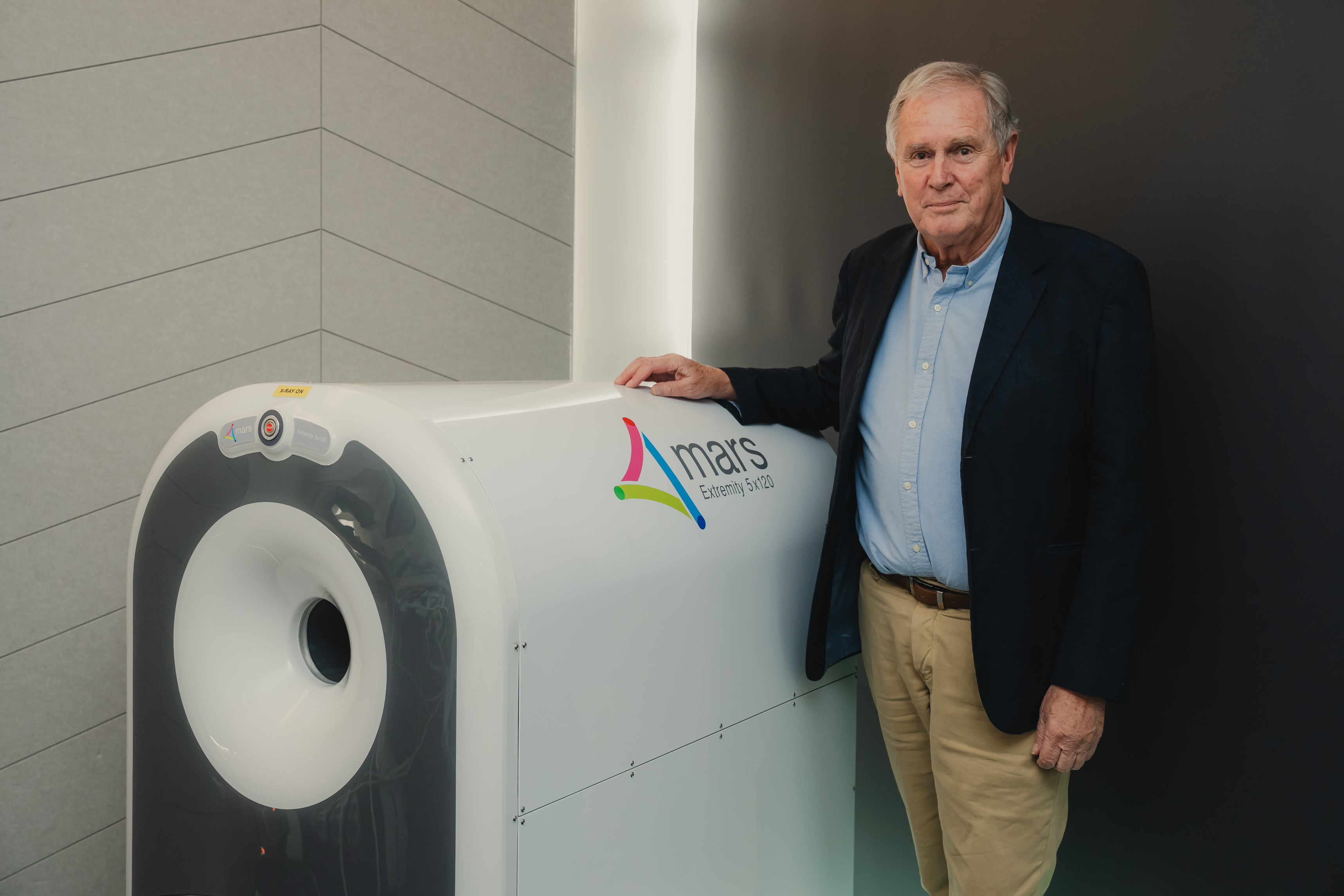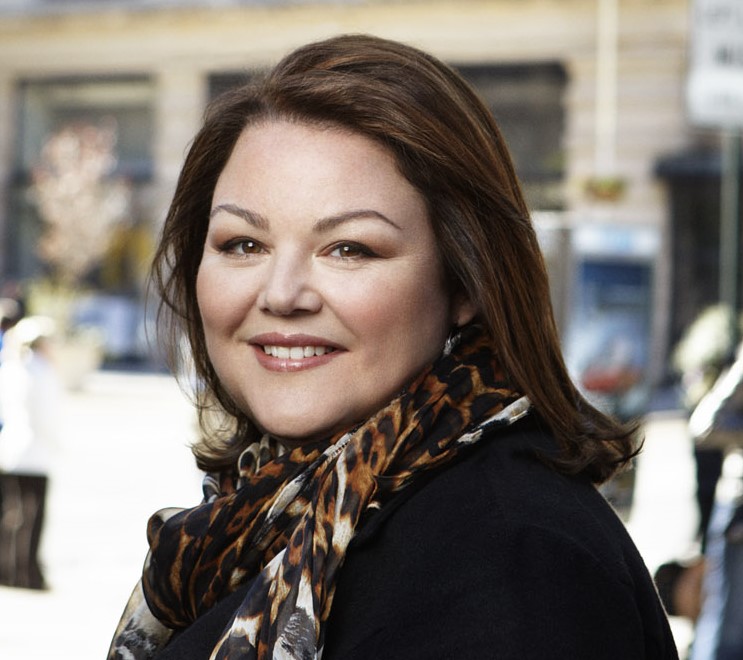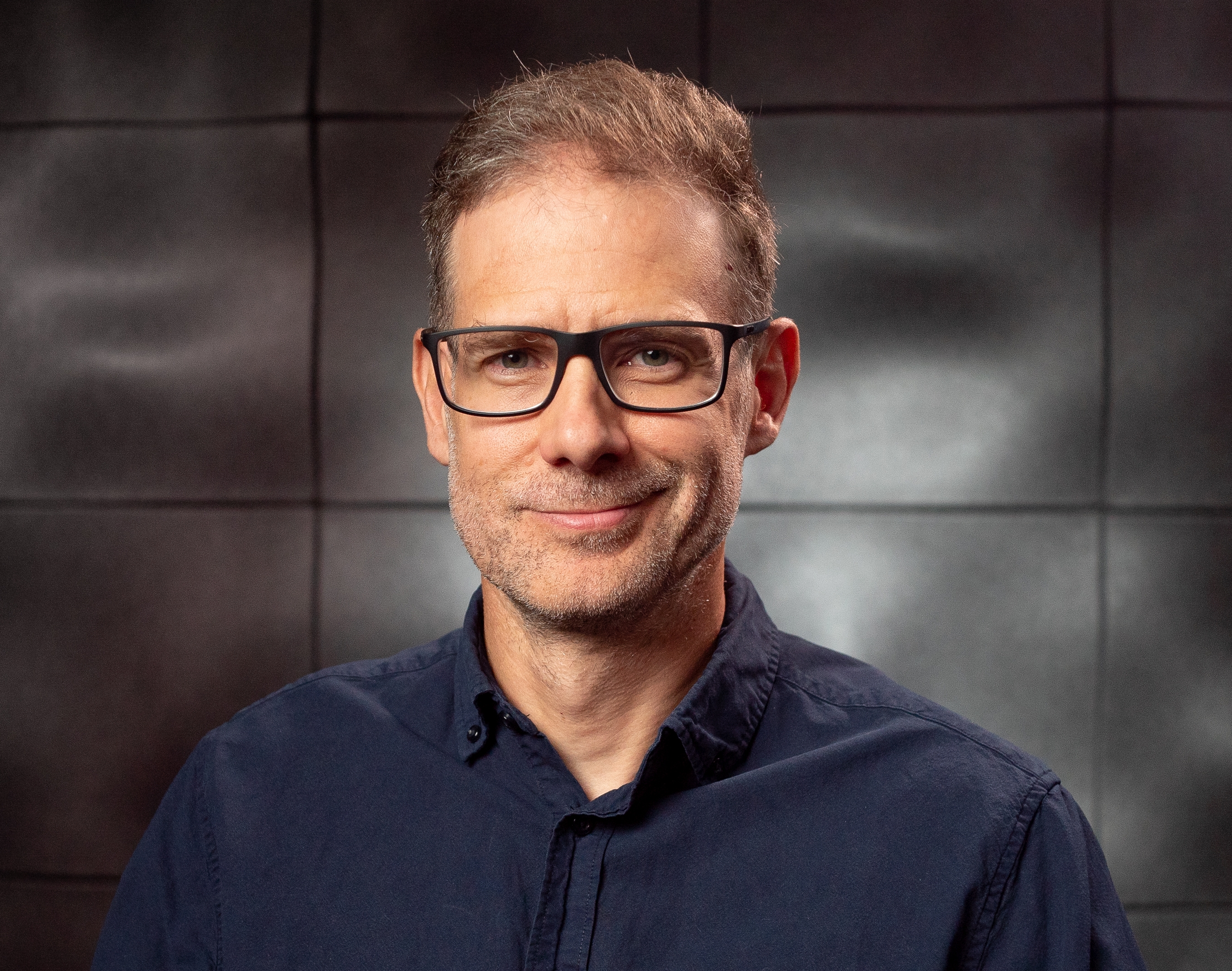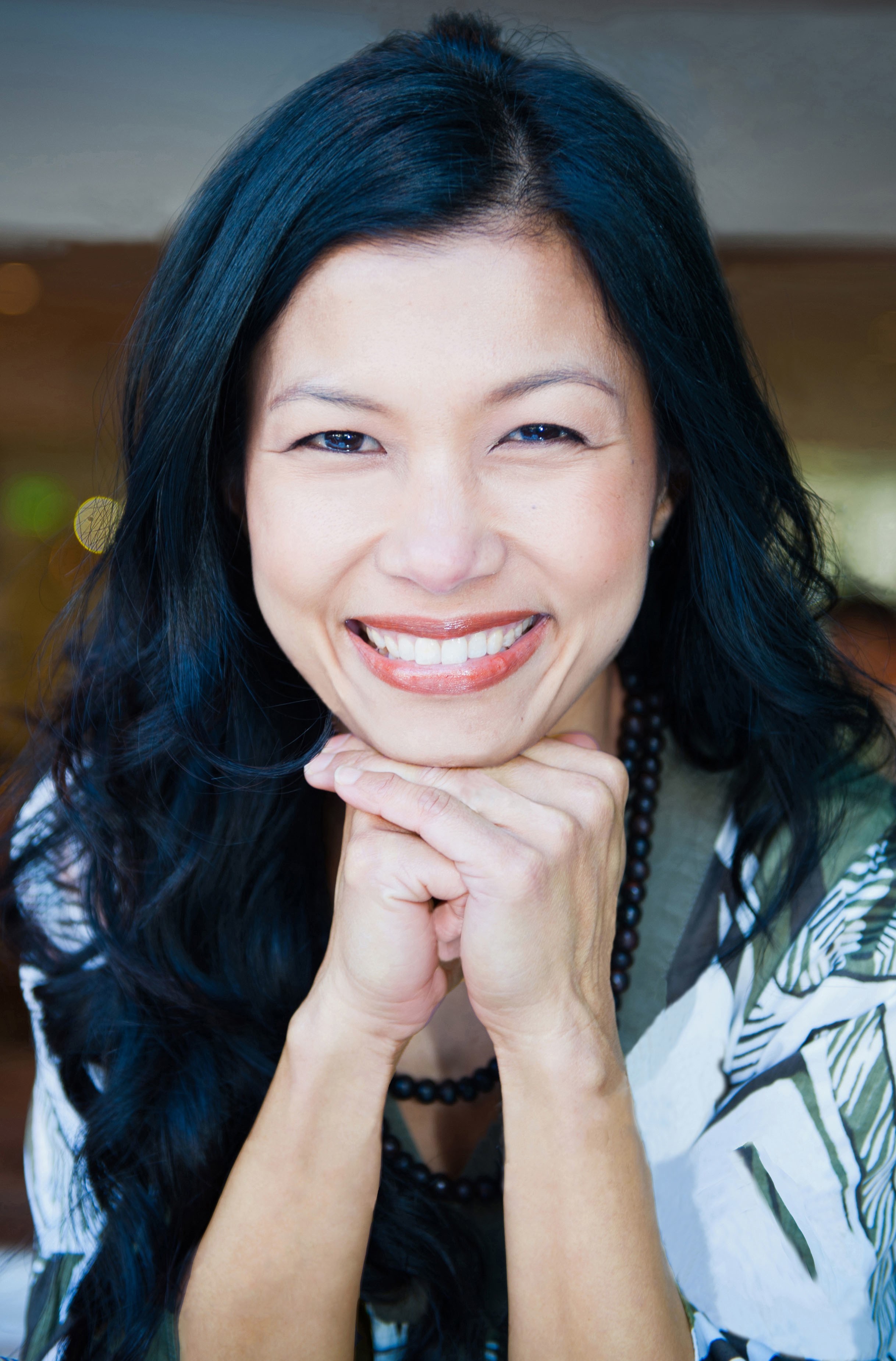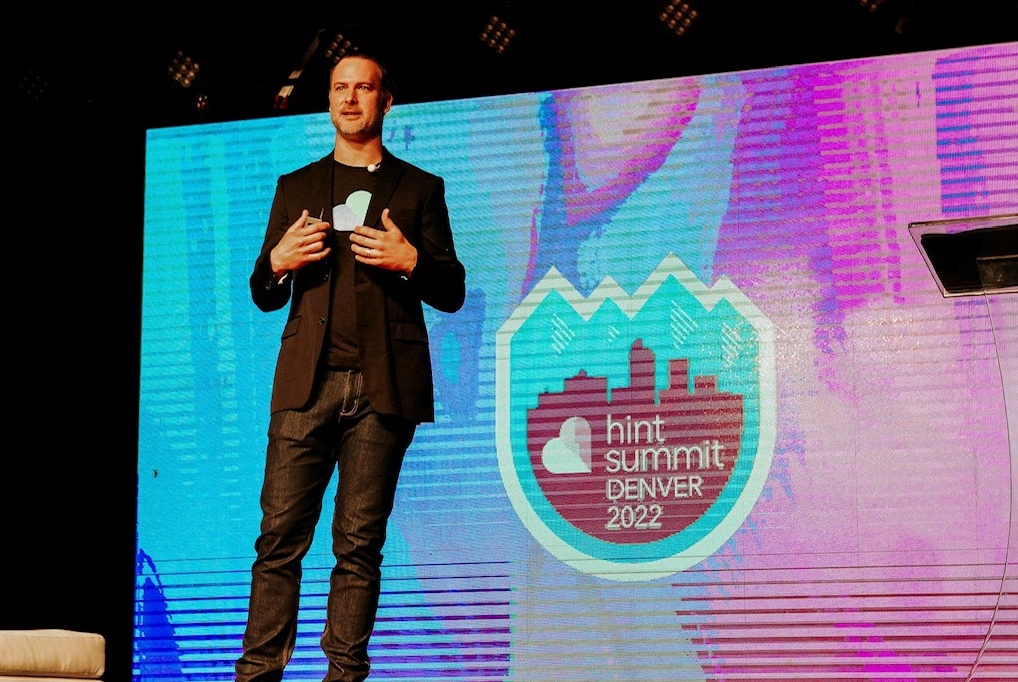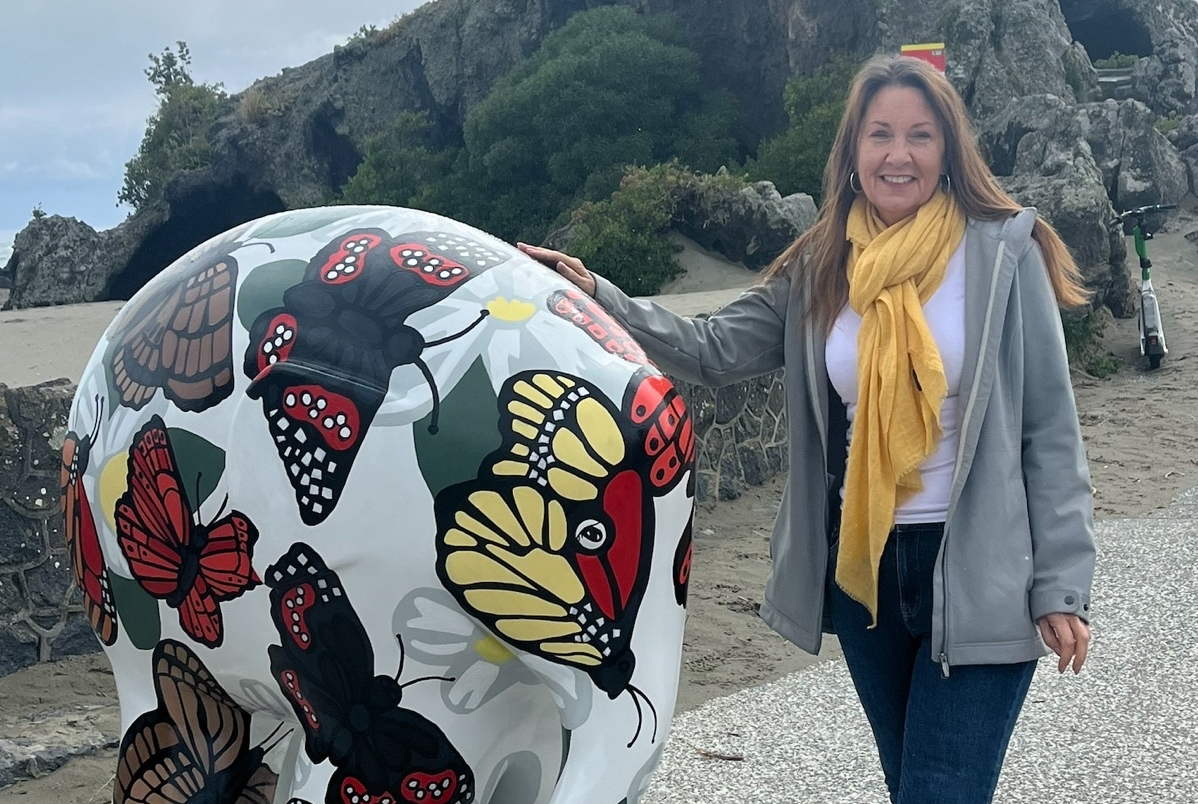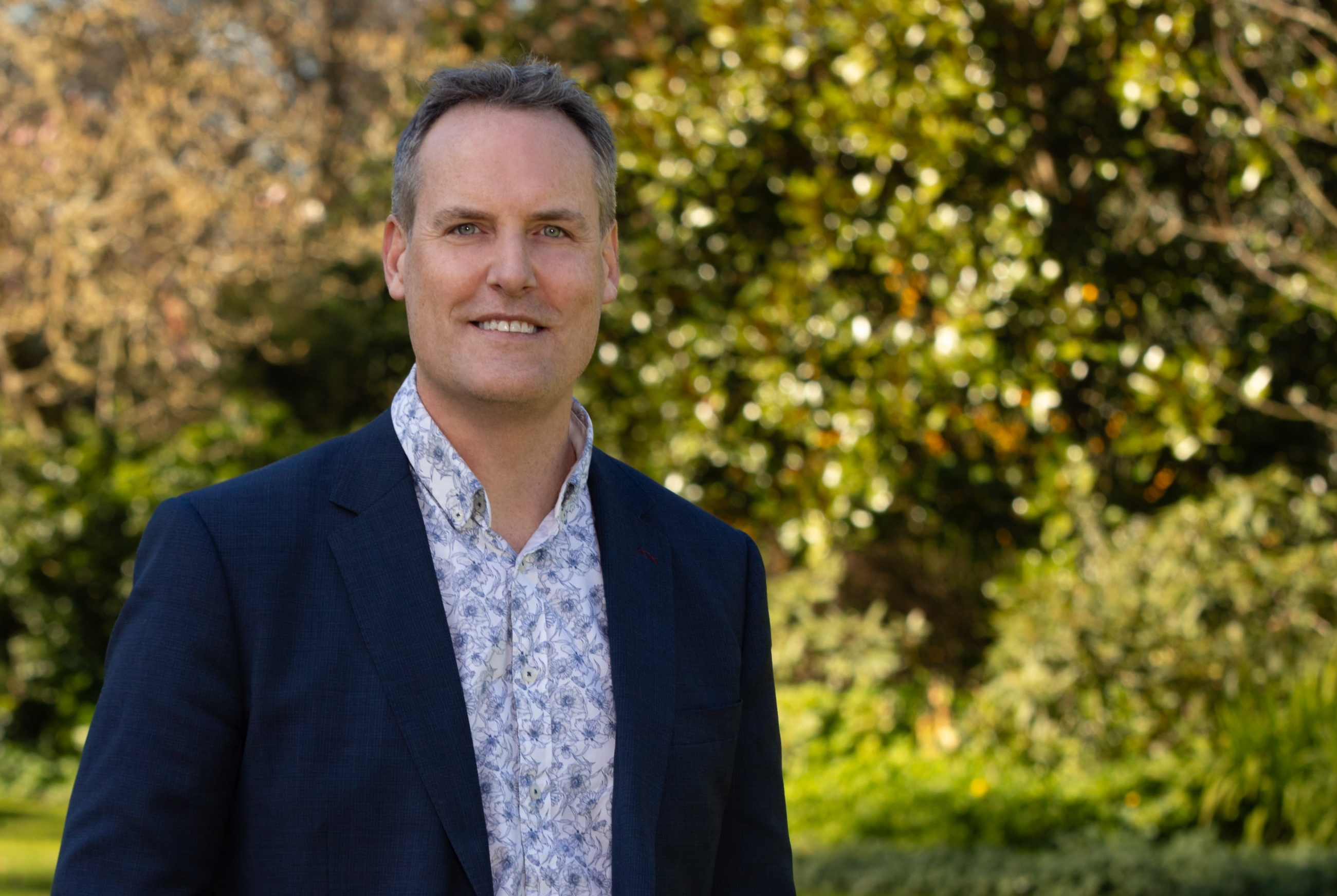What inspired your decision to study economics at UC? Did you envision the career you have now?
I grew up in Woodend, North Canterbury and went to Rangiora High School. My sister was already at UC studying law and politics. So, UC was the natural local choice. When I started at UC, my main goal was to play for the Under 19 rugby team, as part of my plan to be an All Black.
Just as my dreams of rugby greatness faded, I was very fortunate to discover a love for economics. There seemed to be much less to memorise than other subjects. Rather, it was more about developing a strong analytical framework that you could then apply to many real-world issues and challenges. Through the 1980s and 1990s, New Zealand was a pioneer in many economic policies and approaches. It was very topical.
It was only much later that I realised that UC had the reputation as one of the most respected economics departments in the country, with excellent lecturers, a world-class programme, and a source of top graduates to start their careers at the Reserve Bank and Treasury (which is still the case).
When I learnt about the Reserve Bank of New Zealand, I thought it would be great place to start out, but didn’t think much further than that at the time.
Everyone will be aware of the Reserve Bank, but what is your role as Deputy Governor?
The Reserve Bank is probably best known for setting the Official Cash Rate (OCR) every 6 weeks to achieve our mandate for price stability. I am a member of the seven-person Monetary Policy Committee (MPC) that makes those decisions.
But the work of the Reserve Bank is much broader than this.
We are the stewards of the cash system with around $9bn of notes and coins in circulation. We are the bank to the government and banking system, with around $25bn of interbank transactions occurring across our balance sheet every day. We have an active ability to intervene in foreign exchange and money markets to ensure they operate in an orderly manner. We are the prudential regulator of over 100 financial institutions (banks, deposit takers and insurers), to ensure that the financial system is resilient to all sorts of threats, while remaining efficient, competitive, innovative and inclusive.
We do all this for the broader purpose of enabling a productive and sustainable economy, and ultimately the prosperity and wellbeing of New Zealanders.
My role as Deputy Governor is a lot about people and storytelling.
Internally, that involves ensuring we are not only technically strong at what we do, but that we also operate as a Great Team, with a shared purpose, vision, values and behaviours. Externally, it is about building relationships, listening to our stakeholders, and helping them understand our role, our decisions, and how our work makes a positive difference.
What is your favourite part of your job? What is the most challenging?
My favourite part of the role is the people.
At the Reserve Bank I work with a lot of smart, passionate people working on important, fascinating topics like the future of money, payments and banking.
Externally, I’ve met so many dedicated, talented people at what they do, with rich insights from their viewpoint in the financial system, the economy, industries, regions and communities.
A particular highlight of the job is connecting with my counterparts overseas, grappling with the same issues that we are here in New Zealand. They are always happy to share their war stories and lessons, and hear ours, as a type of peer support network.
In these types of roles, the public scrutiny can be challenging. There is never a shortage of spirited views on monetary policy or financial regulation.
However, given our powers and responsibilities, it is important that the Reserve Bank faces scrutiny over our decisions. We need to be highly accountable to the public of New Zealand to build trust and confidence in what we do.
Is there any advice you would offer to recent grads just starting their career?
First, don’t be afraid to try something new. It takes courage to let go and start from scratch again on a different topic or in a different function. However, the breadth of experience and perspective will be so valuable later in your career.
Second, don’t take a role just for the money. Focus on working in an organisation where you are highly aligned with the purpose. Surround yourself with people that you trust and respect, and who you think you can learn from and have fun with.
Third, don’t worry too much about the timing of promotions or job titles. If you focus on your development and learn from the mentors around you, the opportunities will naturally follow.
When reflecting on your time at UC, what memories or experiences stand out to you?
Starting as a local kid who commuted every day from North Canterbury, I was a bit of an orphan when I started at UC. I know it sounds like a bit of a cliché, but I am still very close to the group of friends that I made at UC all these years on.
I feel very fortunate for the passionate economics lecturers I had at UC. Also, for being amongst a group of talented classmates that really pushed each other.
And now when I go back to UC, the whole campus strikes me as so beautiful. I never fully appreciated that at the time.


.jpeg)
